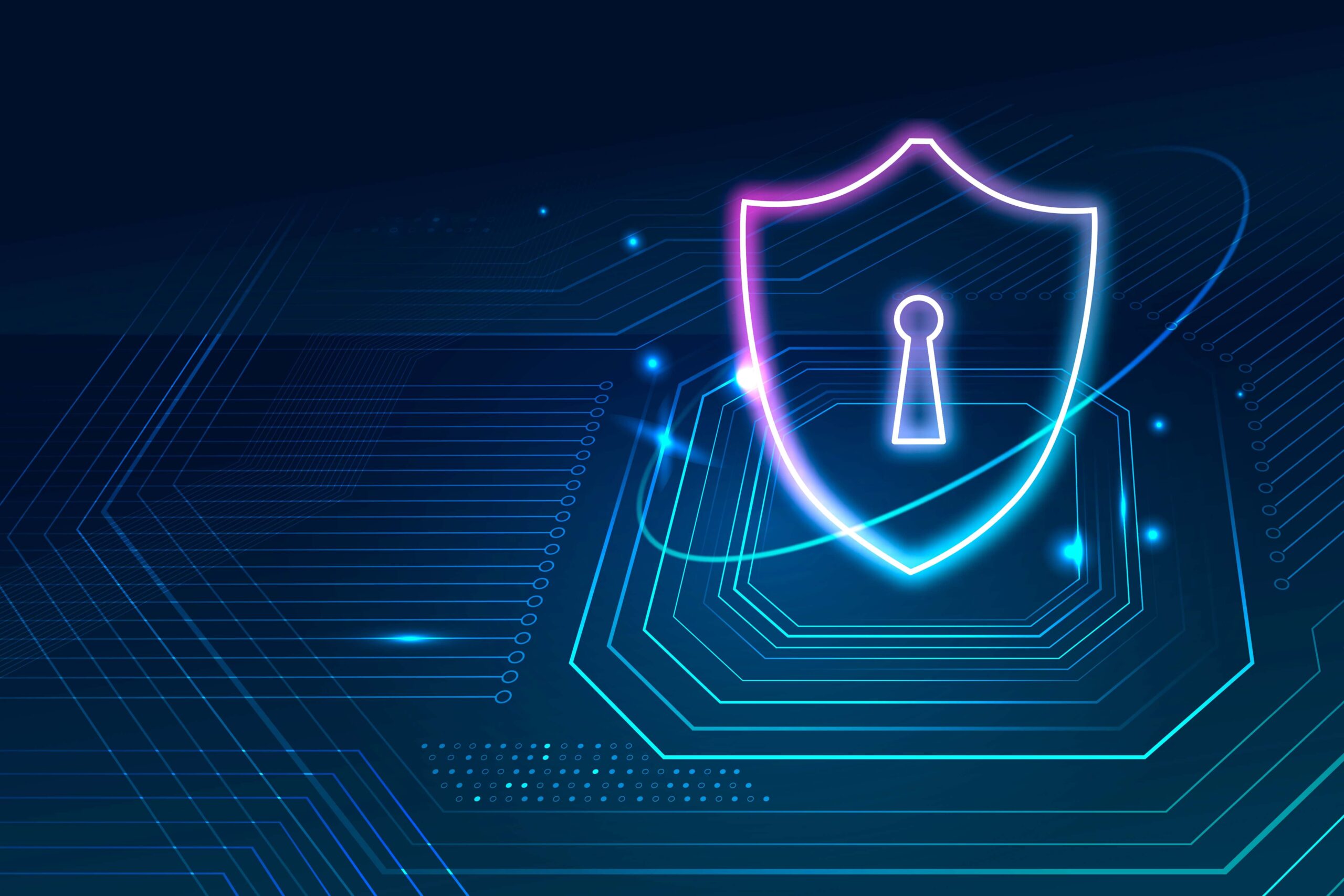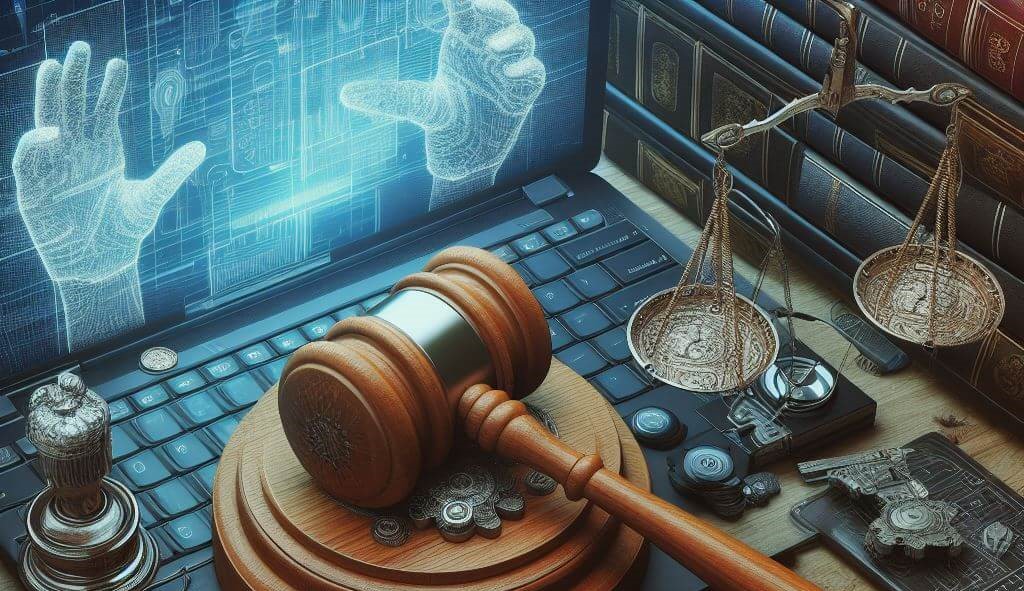IDS/IPS: Boosting Forensics for Proactive Threat Defense
Intrusion Detection Systems (IDS)An Intrusion Detection System (IDS) is a security tool designed to monitor network or system activities and detect suspicious or unauthorized behavior.1. Types of IDSNetwork-based IDS (NIDS)Monitors network traffic and analyzes packets passing through the network.Host-based IDS (HIDS)Monitors activities on individual hosts or devices, such as servers or workstations.2. Detection TechniquesSignature-based DetectionCompares…
Read morePOSTED BY
Venkatalakshmi Madapati
CEH Exam Preparation: Building a Study Plan That Works
CEH Exam Preparation If you’re interested in pursuing a career in cybersecurity, obtaining a certification is a great way to validate your knowledge and expertise. One such certification is the Certified Ethical Hacking (CEH) certification, which is designed to test your understanding of various security threats and vulnerabilities. However, passing the CEH exam can be…
Read morePOSTED BY
Venkatalakshmi Madapati
User Ethical Hacking in Different Industries: Applications and Challenges
User Ethical Hacking in Different Industries Ethical hacking, also known as penetration testing or white-hat hacking, involves legally breaking into computers and devices to test an organization’s defenses. It plays a crucial role in various industries to identify vulnerabilities before malicious hackers exploit them. Financial Services Banks, insurance companies, and financial institutions utilize ethical hacking…
Read morePOSTED BY
Venkatalakshmi Madapati
Ethical Hacking for Beginners
Ethical Hacking Ethical hacking, often referred to as penetration testing or white-hat hacking, is the practice of testing computer systems, networks, or web applications for security vulnerabilities. Ethical hackers, also known as security researchers or penetration testers, use their skills to identify weaknesses in systems before malicious hackers can exploit them for nefarious purposes. Here’s…
Read morePOSTED BY
Venkatalakshmi Madapati
CEH Exam Updates: What’s New and What to Expect
CEH Exam Updates: What’s New and What to Expect The Certified Ethical Hacker (CEH) certification is one of the most renowned credentials in the cybersecurity domain, validating professionals’ skills in identifying and addressing security vulnerabilities. To ensure that the certification remains relevant and reflects the latest trends and technologies in the field, the CEH exam…
Read morePOSTED BY
Tanuku Lakshmipathi
The Role of CEH in Red Team vs. Blue Team Operations
The Role of CEH (Certified Ethical Hacker): Certified Ethical Hacker (CEH) is a professional certification provided by the EC-Council that validates an individual’s skills in identifying vulnerabilities and weaknesses in computer systems and networks. The primary role of a CEH is to conduct authorized penetration testing and vulnerability assessments on systems to identify potential security…
Read morePOSTED BY
Tanuku Lakshmipathi
CEH Certification: What Employers Look for and How to Stand Out
CEH Certification: What Employers Look for and How to Stand Out CEH stands for Certified Ethical Hacker. It’s a professional certification provided by the International Council of E-Commerce Consultants (EC-Council), which is globally recognized in the field of cybersecurity. The CEH certification validates an individual’s skills and knowledge in identifying vulnerabilities and weaknesses in computer…
Read morePOSTED BY
Tanuku Lakshmipathi
Common Misconceptions About Ethical Hacking and the CEH Certification
Common Misconceptions About Ethical Hacking and the CEH Certification In the realm of cybersecurity, ethical hacking, also known as penetration testing or white-hat hacking, plays a vital role in safeguarding digital systems and sensitive information. Despite its noble intentions, ethical hacking is often shrouded in misconceptions and misunderstandings. In this article, we delve into some…
Read morePOSTED BY
Tanuku Lakshmipathi
Legal Aspects of Digital Forensics
Legal Aspects of Digital Forensics The legal aspects of digital forensics encompass the adherence to laws, regulations, and ethical standards governing the collection, analysis, and presentation of digital evidence in legal proceedings. It involves ensuring compliance with search and seizure laws, maintaining chain of custody, protecting data privacy, and establishing the authenticity and admissibility of…
Read morePOSTED BY

















